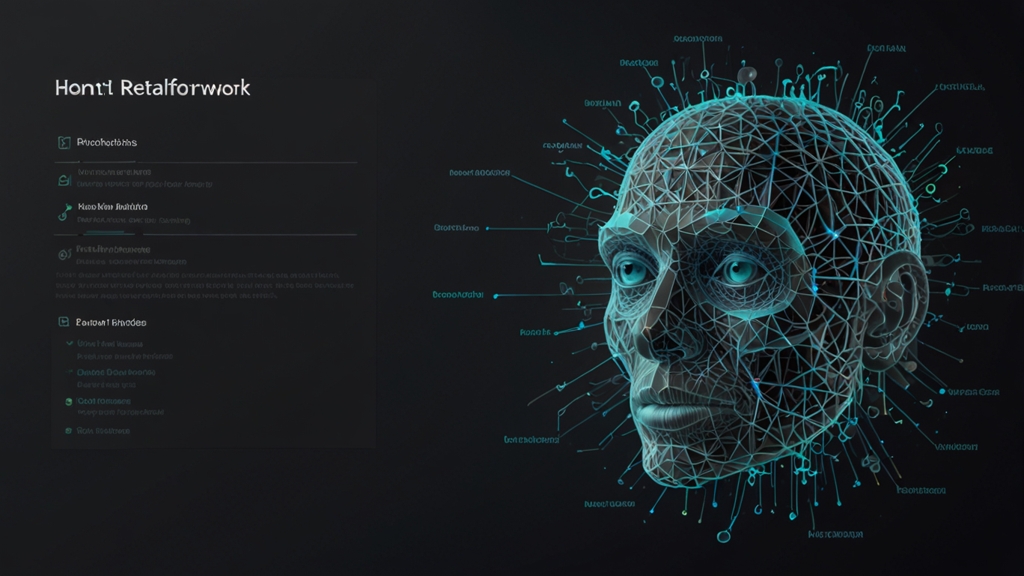The Art of Note-Taking: Study Tips to Enhance Your Learning
In the digital age, traditional note-taking might seem outdated, but the truth is that effective note-taking remains a powerful tool for learning. Whether you're a student, professional, or lifelong learner, mastering the art of note-taking can significantly enhance your ability to understand and retain information. This article delves into practical tips and strategies to elevate your note-taking skills.
Understand the Purpose of Note-Taking
The first step in mastering note-taking is understanding its purpose. Notes are not just a record of what you heard; they are a tool to process and remember information. Think of note-taking as a way to translate what you learn into a personal learning resource that makes sense to you.
Choose the Right Tools
There are various tools available for note-taking, from traditional pen and paper to advanced digital apps. Here's a brief overview:
- Pen and Paper: Ideal for visual learners and those who benefit from the physical act of writing.
- Digital Apps: Tools like Evernote, OneNote, and Notion offer advantages such as searchability, cloud storage, and multimedia integration.
Choose the tool that aligns with your learning style and convenience.
Develop a Consistent Format
Consistency is key in note-taking. Develop a format that works for you and stick to it. Here are some commonly used formats:
- Outline Method: Organize notes hierarchically using headings and subheadings.
- Cornell Method: Divide your page into three sections: cues, notes, and summary.
- Mind Mapping: Use diagrams to represent ideas and their relationships visually.
Active Listening and Critical Thinking
Effective note-taking starts long before you put pen to paper or fingers to keyboard. Active listening and critical thinking are essential skills. Pay attention to main ideas, supporting details, and any emphasis given by the speaker or text. Ask questions and seek to understand the context.
"The best note-takers are not those who record everything verbatim, but those who listen actively and identify key points that matter." - Anonymous
Summarize and Paraphrase
Rather than writing down everything verbatim, focus on summarizing and paraphrasing the information in your own words. This process helps reinforce your understanding and makes your notes more concise and meaningful.
Use Visual Aids
Incorporate visual elements like diagrams, charts, and bullet points to make your notes easier to review and understand. Visual aids can help you see patterns and relationships that might not be obvious in plain text.
Review and Revise Regularly
Taking notes is just the beginning. To maximize their effectiveness, review and revise your notes regularly. Regular revision helps reinforce your memory and clarifies any concepts you might have missed or misunderstood initially.
"Your notes are only as good as your willingness to revisit them. Consistent review is where real learning happens." - Anonymous
Collaborate and Compare
Collaborate with classmates or colleagues to compare notes. This practice can reveal different perspectives and fill in any gaps. Group study sessions where you discuss and share notes can enhance your understanding and retention of the material.
Personalize Your Notes
Everyone learns differently, so personalize your notes to fit your unique style. Use colors, highlight key points, add annotations, or incorporate mnemonics that make sense to you. Personal touches can make your notes more engaging and memorable.
Conclusion
The art of note-taking is an invaluable skill that can significantly enhance your learning. By understanding the purpose of note-taking, choosing the right tools, developing a consistent format, and actively engaging with the material, you can turn your notes into a powerful learning resource. Regular review, collaboration, and personalization will further ensure that your notes serve their ultimate purpose: to help you learn and grow.
"In the end, the effectiveness of your notes is not about how much you write down, but how well your notes help you understand and remember the information." - Anonymous









